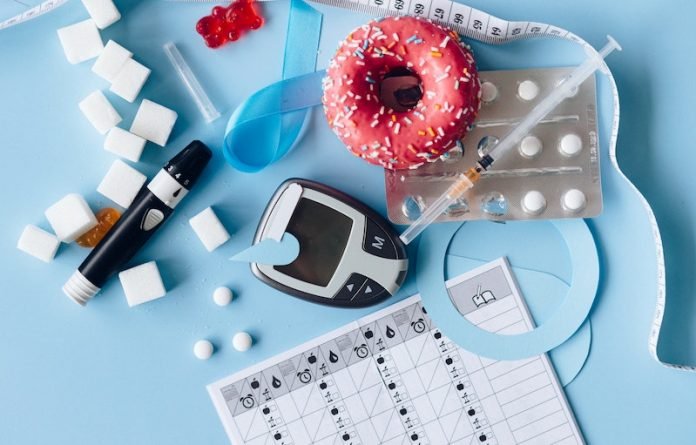
In a study from Innotomy Consulting in India, scientists found that an artificial intelligence (AI) algorithm, derived from the features of individual heartbeats recorded on an ECG (electrocardiogram), can accurately predict diabetes and pre-diabetes.
An estimated 463 million adults around the world had diabetes in 2019, and picking up the disease in its early stages is key to preventing subsequent serious health problems.
But diagnosis relies heavily on the measurement of blood sugar.
Previous research has found that changes in the heart system occur early on even before indicative blood sugar changes, and these show up on an ECG heart trace.
In the study, the team wanted to see if machine learning (AI) techniques could be used to harness the screening potential of ECG to predict pre-diabetes and type 2 diabetes in people at high risk of the disease.
They looked at the genetic basis of type 2 diabetes and other metabolic traits in Sindhi families at high risk of the disease in Nagpur, India.
Participants provided details of their personal and family medical histories. Their average age was 48 and 61% of them were women.
The team found the prevalence of both type 2 diabetes and pre-diabetes was high: around 30% and 14%, respectively.
And the prevalence of insulin resistance was also high—35%—-as was the prevalence of other influential coexisting conditions—high blood pressure (51%), obesity (around 40%), and disordered blood fats (36%).
A standard 12-lead ECG heart trace lasting 10 seconds was done for each of the 1262 participants included.
And 100 unique structural and functional features for each lead were combined for each of the 10,461 single heartbeats recorded to generate a predictive algorithm (DiaBeats).
Based on the shape and size of individual heartbeats, the DiaBeats algorithm quickly detected diabetes and prediabetes with an overall accuracy of 97% and a precision of 97%.
Important ECG features consistently matched the known biological triggers underpinning cardiac changes that are typical of diabetes and pre-diabetes.
The study provides a relatively inexpensive, non-invasive, and accurate alternative to current diagnostic methods which can be used as a gatekeeper to effectively detect diabetes and pre-diabetes early in its course.
If you care about diabetes, please read studies about stomach drugs that may help control blood sugar in diabetes, and this diet could boost health in people with diabetes.
For more information about health, please see recent studies about nutrient that may help reduce risk of type 2 diabetes, and results showing warnings about promising diabetes drug metformin.
This study was published in BMJ Innovations.
Copyright © 2022 Knowridge Science Report. All rights reserved.



